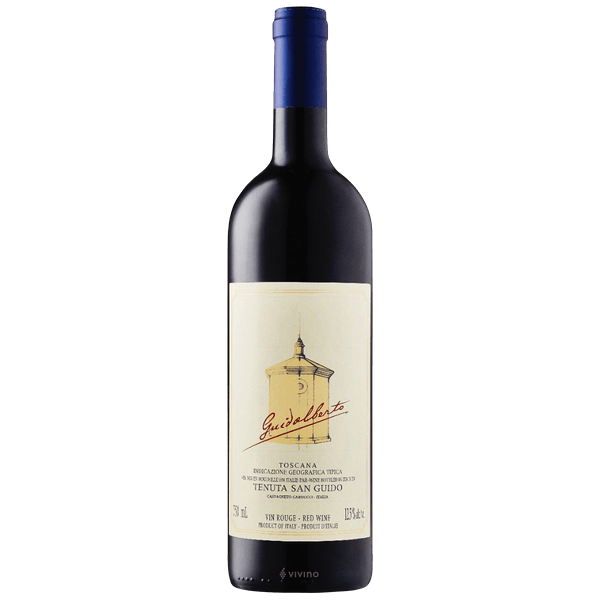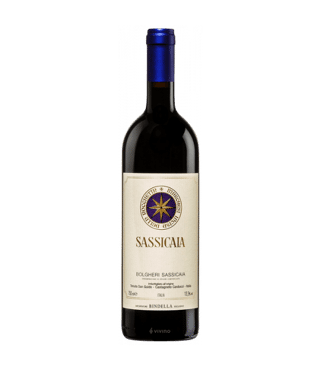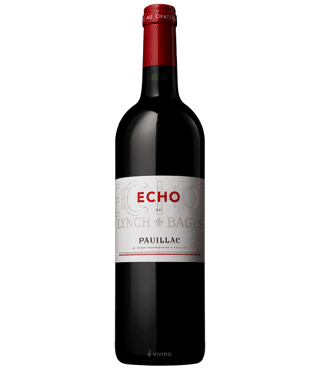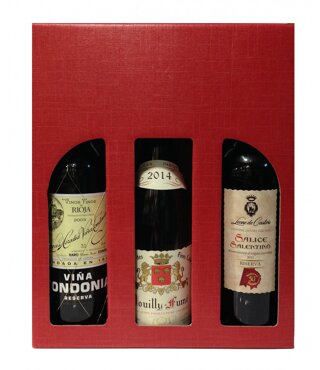2nd wine of the icon Sassicaia.
A beautiful Cabernet Merlot Bordeaux blend from Tuscany
-
BodyFull
-
CountryItaly
-
RegionTuscany
Description
2021 Guidalberto
Susan Hulme MW in Decanter quotes Carlo Paoli, San Guido’s director of winemaking , as saying that this is the best vintage of Guidalberto that he has ever made, which is quite the recommendation. Sadly, if 2021 was a vintage of very high quality for Guidalberto, it was also a vintage of lower production, and we have even less to offer than we normally do of this wine, which is never that much to start with. The blend is 60% Cabernet Sauvignon and 40% Merlot.
Recommended Glass Pairing
-
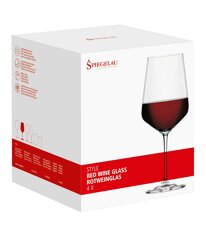 Spiegelau Red Wine Glass Set€29.95
Spiegelau Red Wine Glass Set€29.95The Style red-wine glass 4-pack from Spiegelau is a part of a series of elegantly formed crystal glasses

Alex's Recommendation
Superb 2nd wine of the iconic Sassicaia....I'd love to go to Tuscany soon!
SEE MORE STAFF FAVOURITES

